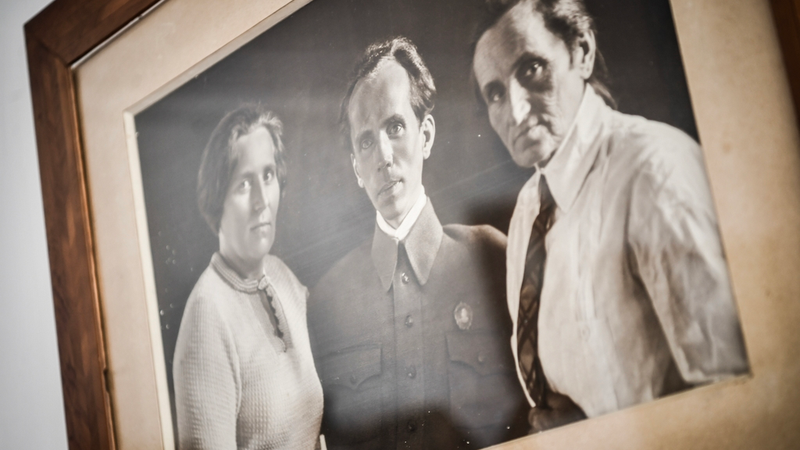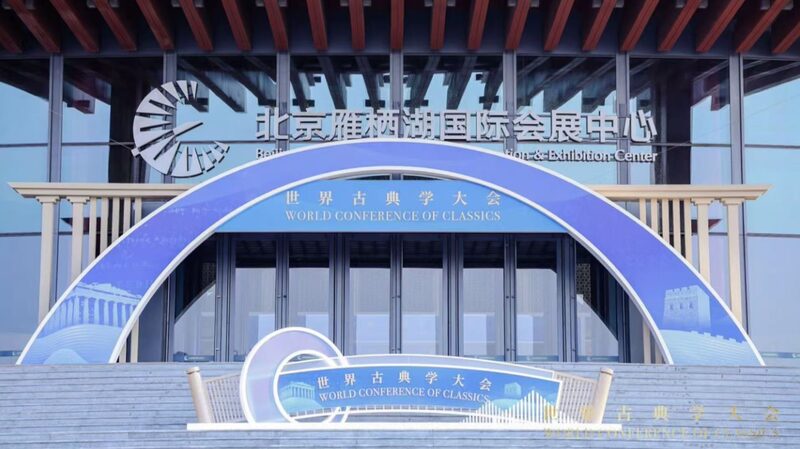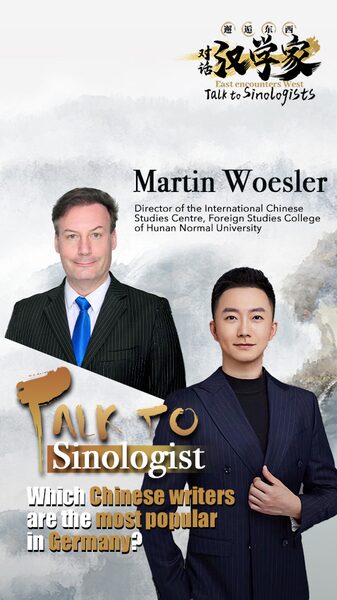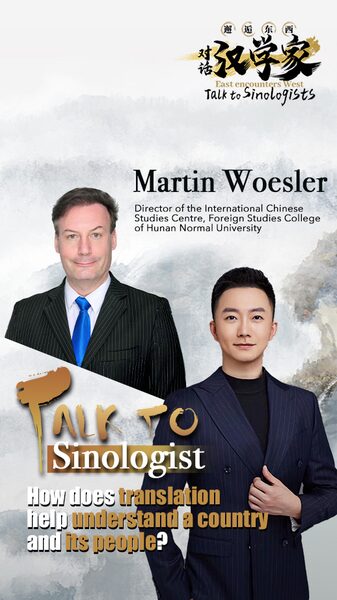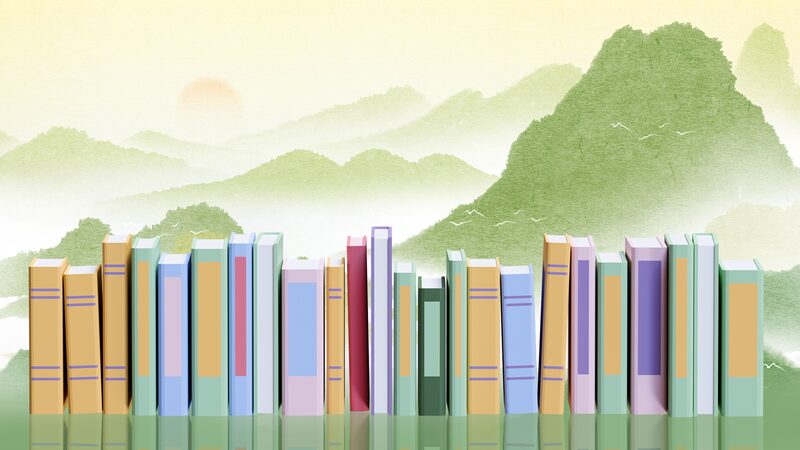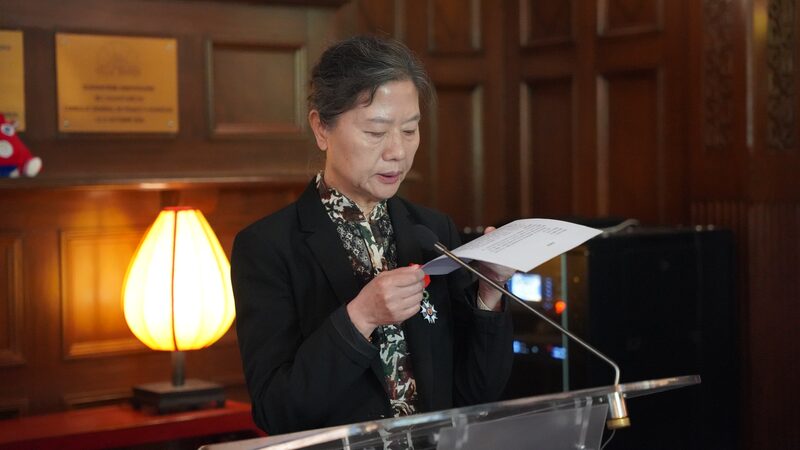A Bridge of Words: How Russian Classics Shaped China’s Literary Soul
For over a century, Russian literary giants like Leo Tolstoy and Alexander Pushkin have resonated deeply with Chinese readers, weaving philosophical depth and emotional intensity into China’s cultural tapestry. From the revolutionary ideals of Nikolai Ostrovsky’s How the Steel Was Tempered to the introspective prose of Boris Pasternak, these works became more than books—they served as mirrors reflecting China’s own social transformations.
Academic studies reveal that nearly 80% of Chinese students encounter Ostrovsky’s iconic novel in middle school, embedding themes of resilience and collectivism into young minds. Meanwhile, Tolstoy’s exploration of moral conflict in War and Peace continues to inspire philosophical debates among Chinese intellectuals.
Literature professor Zhang Wei from Peking University notes: 'Russian authors introduced a blend of humanism and social critique that aligned closely with China’s quest for modernization. Their works transcended borders, fostering cross-cultural empathy.' This literary bond remains vibrant, with new Mandarin translations of Solzhenitsyn’s works selling over 100,000 copies last year alone.
Reference(s):
cgtn.com
